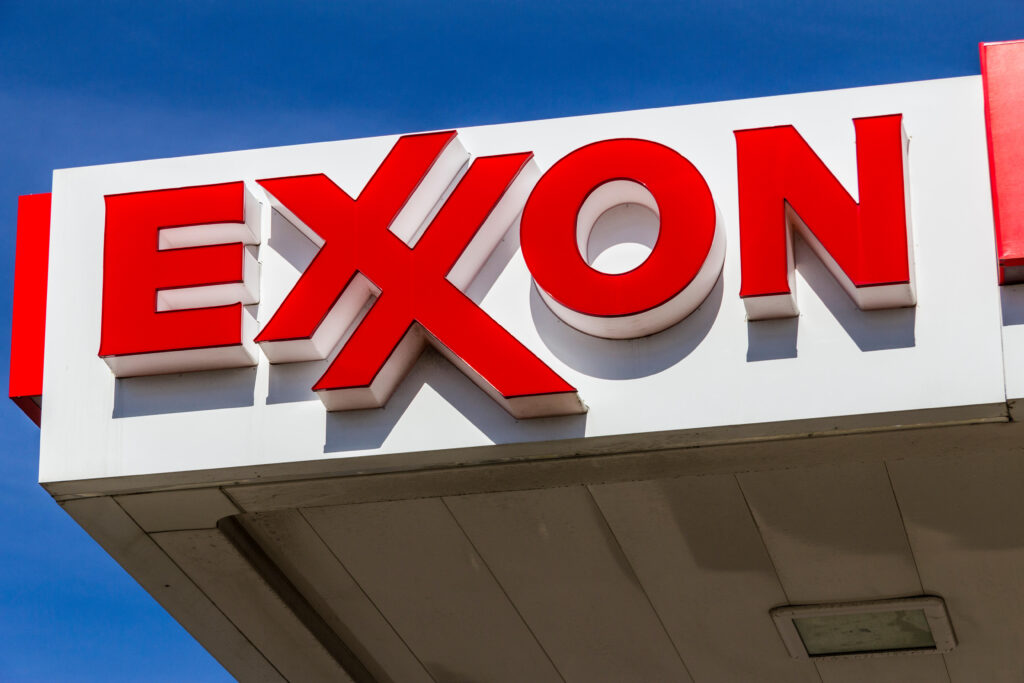 Is 2009 the year of climate and energy legislation?
Is 2009 the year of climate and energy legislation?
It is if you believe Speaker Nancy Pelosi who called the passage of such legislation “an inevitability” on a conference call this morning regarding a discussion draft (pdf) of The American Clean Energy and Security Act of 2009 (ACES) released today by Reps. Henry Waxman (D-CA) and Edward Markey (D-MA).
Pelosi promised to support a process that would help “remove misconceptions”, i.e. combat big oil’s PR campaign against any meaningful cap on emissions, and at the same time, promising that legislation “won’t go as slow as the slowest ship”, i.e. Congress won’t wait around for Republicans like John Shimkus (R-IL) who absurdly claim that limiting CO2 will kills plants, to get on board.
The draft legislation could also be called a jobs bill, an economic stimulus package, an energy independence act and a public health bill. Brad Johnson over at the Wonk Room calls it Green Economy legislation, pointing out that investments in renewable energy will help restore American economic leadership at a time when only 6 of the top 30 solar firms globally are U.S. companies.
“The only way to grow the economy is to invest in new technologies and create new green jobs,” Speaker Pelosi said this morning, repeating President Obama’s refrain. One might also add that the only way to save the economy is to stop climate change, which will cost us untold trillions in mitigation, adaptation, health and security costs if it continues unchecked. Perhaps it’s time to call out those opposing clean energy and emissions reductions (and lying about the costs, too) as anti-growth, weak on security and actively working against maintaining public health.
The timeline on this is aggressive, with plans to get legislation out of committee by Memorial Day and a bill passed by both houses sometime in the fall.
Besides the obvious fact that business as usual is destroying the planet and the economy, passing legislation is urgent in order to send President Obama to international climate talks in Copenhagen in December from a position of leadership. Actually sticking to the timeline is another matter and may be predicated on getting the federal budget passed quickly and without diluting the markers for energy and efficiency.
On the energy front, the draft includes a requirement that 25 percent of U.S. electricity supply come from renewable sources, such as solar, wind and geothermal by 2025.
According to a UCS analysis of a renewable electricity standard similar to the one included in the discussion draft, requiring all utilities to obtain 25 percent of their electricity from renewable energy sources by 2025 would create 297,000 new domestic jobs and save consumers $64.3 billion in lower electricity and natural gas bills. The analysis also found that this renewable electricity standard would generate $13.5 billion in new income for farmers, ranchers and rural landowners, and reduce global warming pollution by 277 million metric tons a year by 2025, the equivalent of the current annual output of 70 average-size coal-fired power plants. – Union of Concerned Scientists
Efficiency requirements for utilities are also a key component on the energy front and the lowest hanging fruit in emissions reductions:
The American Council for an Energy Efficient Economy estimates (pdf) that a national energy efficiency standard, such as the one included in the discussion draft, could save utility customers $168 billion through 2020 and create 220,000 jobs. In the year 2020, such a standard could reduce heat-trapping emissions by 260 million metric tons. – Union of Concerned Scientists
On the carbon reduction side, the draft calls for emissions reductions of 3% from 2005 levels by 2012, 20 percent by 2020, 42 percent by 2030 and 83 percent by 2050.
Things get fuzzy when it comes to carbon credits and auctions. How many will be sold, how many given away and how will the revenue be used? When asked about it this morning, Markey said it’s to be determined in committee. And nobody is hiding the fact that industry, as represented by USCAP, has been and will continue to be an important player in this discussion. Like it or not, industry has to be. If this is pegged as a jobs killer, it’s dead in the water. At the same time, there also need to be folks at the table representing the best interests of the people and the planet.
Greenpeace USA Global Warming Campaign Director Steven Biel urges the committee “to dedicate this revenue to the short-term up-front investments needed to transition to a clean energy economy, including investments in clean energy development domestically and in the developing world as well as adaptation efforts for countries and communities most directly affected by climate change.” And Climate Progress gives the draft a B+ grade:
The bill, as Friday’s Waxman-Markey-Dingell-Boucher letter suggested, uses the flawed US Climate Action Partnership proposal as a blueprint (see “NRDC and EDF endorse the weak, coal-friendly, rip-offset-heavy USCAP climate plan“).
But it has stronger near-term targets: “a 20 percent cut from 2005 levels by 2020.” And the bill embraces the useful USCAP notion of a medium-term target — in this case “a 42 percent reduction in 2030.” That target sends a strong message that business-as-usual is off the table for fossil fuel companies. It also keeps the needed 80% cut in 2050. – Climate Progress
Let’s be honest, the draft of the legislation is imperfect and will likely become more so during the committee process. There’s the giveaways to coal, for one.
According to the summary of the draft, “The draft promotes development of carbon capture and sequestration (CCS) technologies to ensure a continuing place for coal in our nation’s energy future.” Talking about a clean energy future while working to ensure a “place for coal in our nation’s energy future” is oxymoronic. Similarly, Romm refers to a provision that would allow dirty new coal plants to be built under the condition that they are retrofitted by 2025 as “counterproductive sop to the coal industry.” – The Oxdown Gazette
And while the EPA under Lisa Jackson’s leadership has finally made an endangerment finding for CO2 allowing for action on carbon caps at the regulatory level, the draft legislation has a provision to strip the EPA of its authority to regulate emissions under the Clean Air Act. The EPA finding may, however, set the necessary fire under Congress to act quickly.
According to Markey, “members of Congress will want Congress to decide instead of a regulatory agency.” In essence, the EPA finding is being used as both the carrot and the stick. Legislate now and avoid EPA regulation, don’t legislate and the EPA takes over on the carbon side of the equation. The draft language also strips states like California of the opportunity to set higher standards than the Federal ones.
One can hope that some of these components get stripped out during the committee process, though it’s unlikely. That’s unfortunate.
The urgency of the climate crisis would suggest that we need all the tools in our tool box to solve it. Still, it is imperative for our economy, our health and our security that the U.S. address climate and energy. We won’t get a perfect piece of legislation, let’s just hope we get one that does the job.
Go here to find out more details about DeSmogBlog’s monthly book give-away.
Subscribe to our newsletter
Stay up to date with DeSmog news and alerts






